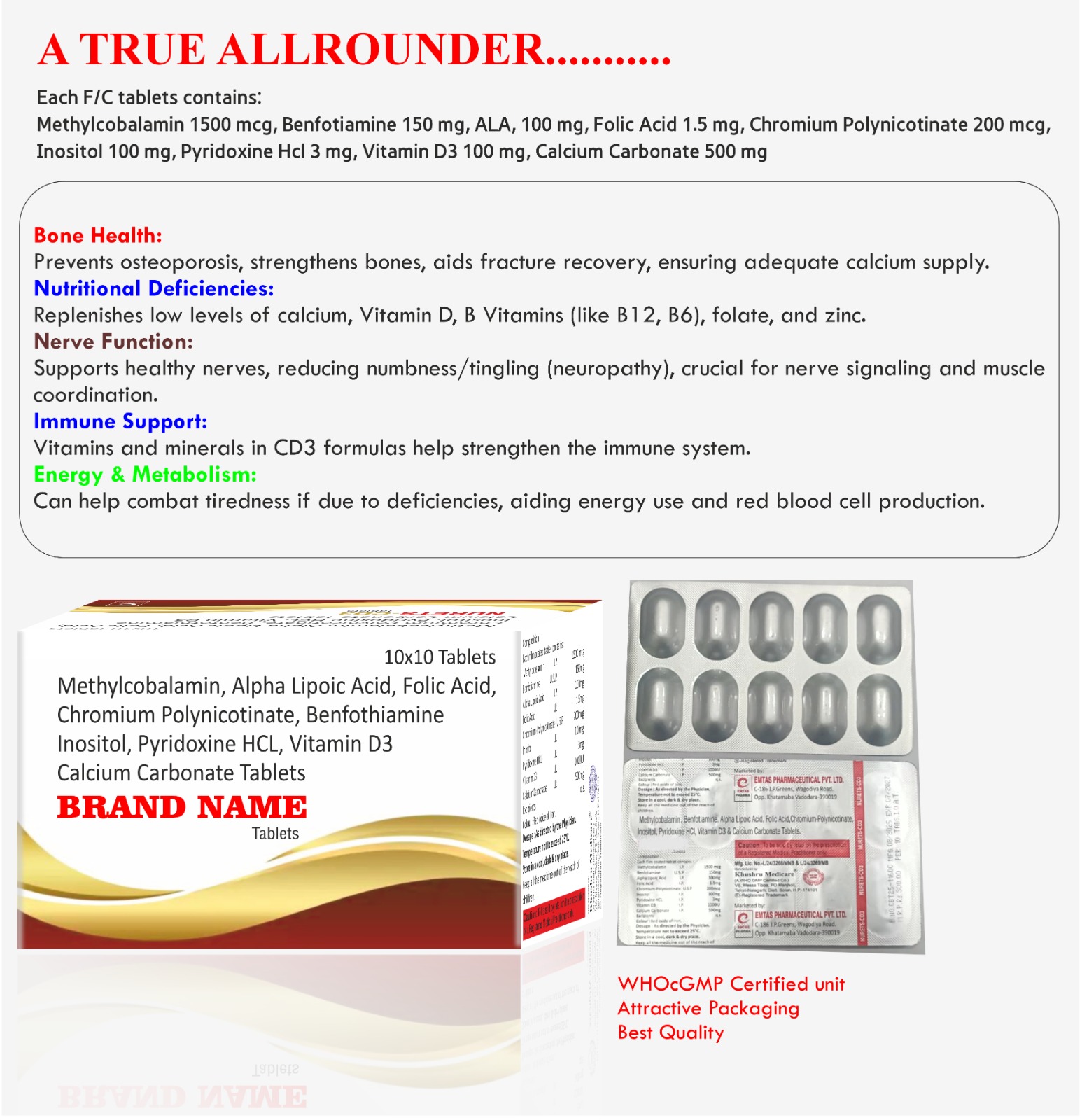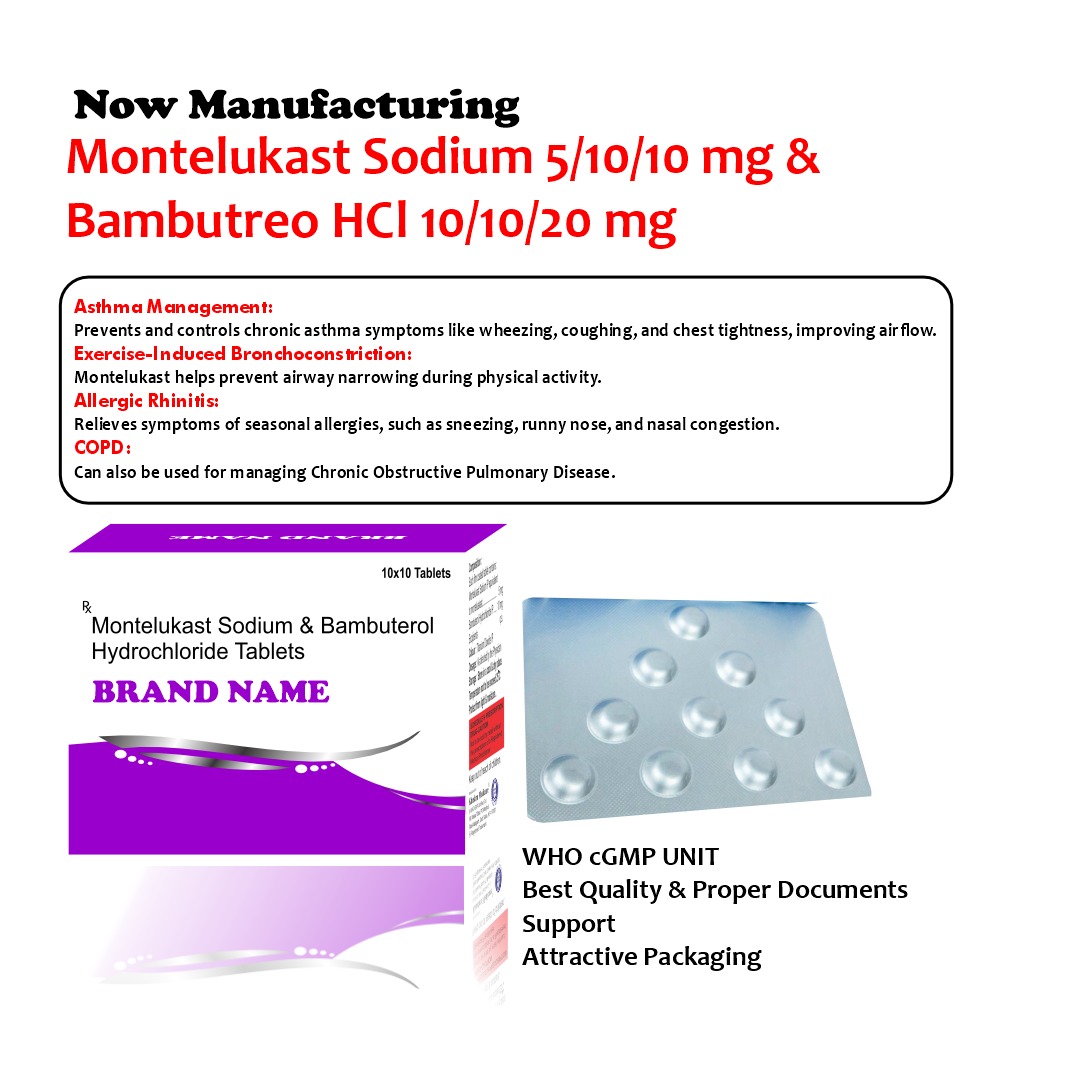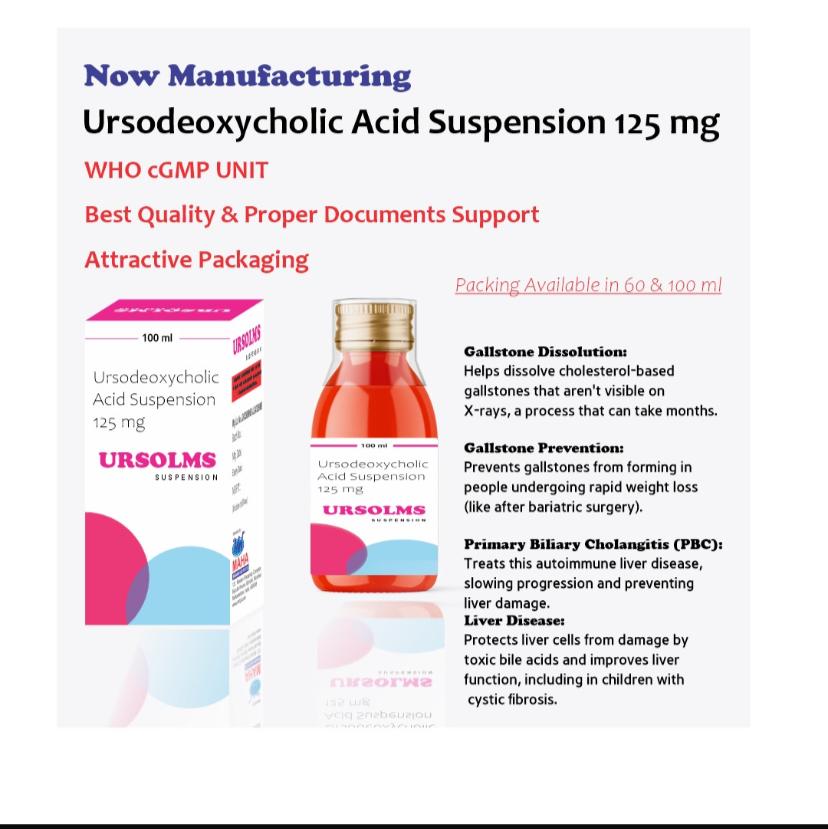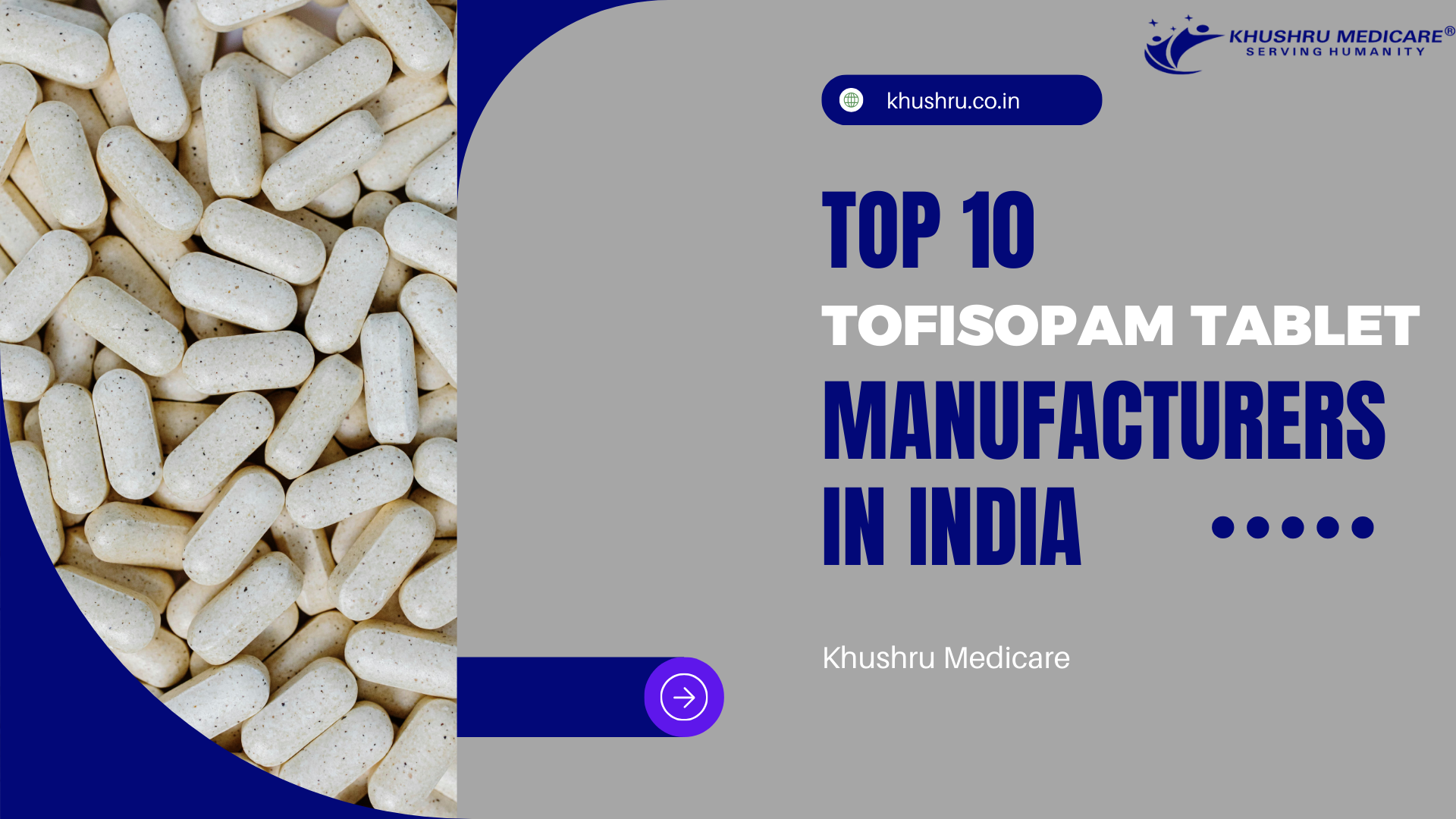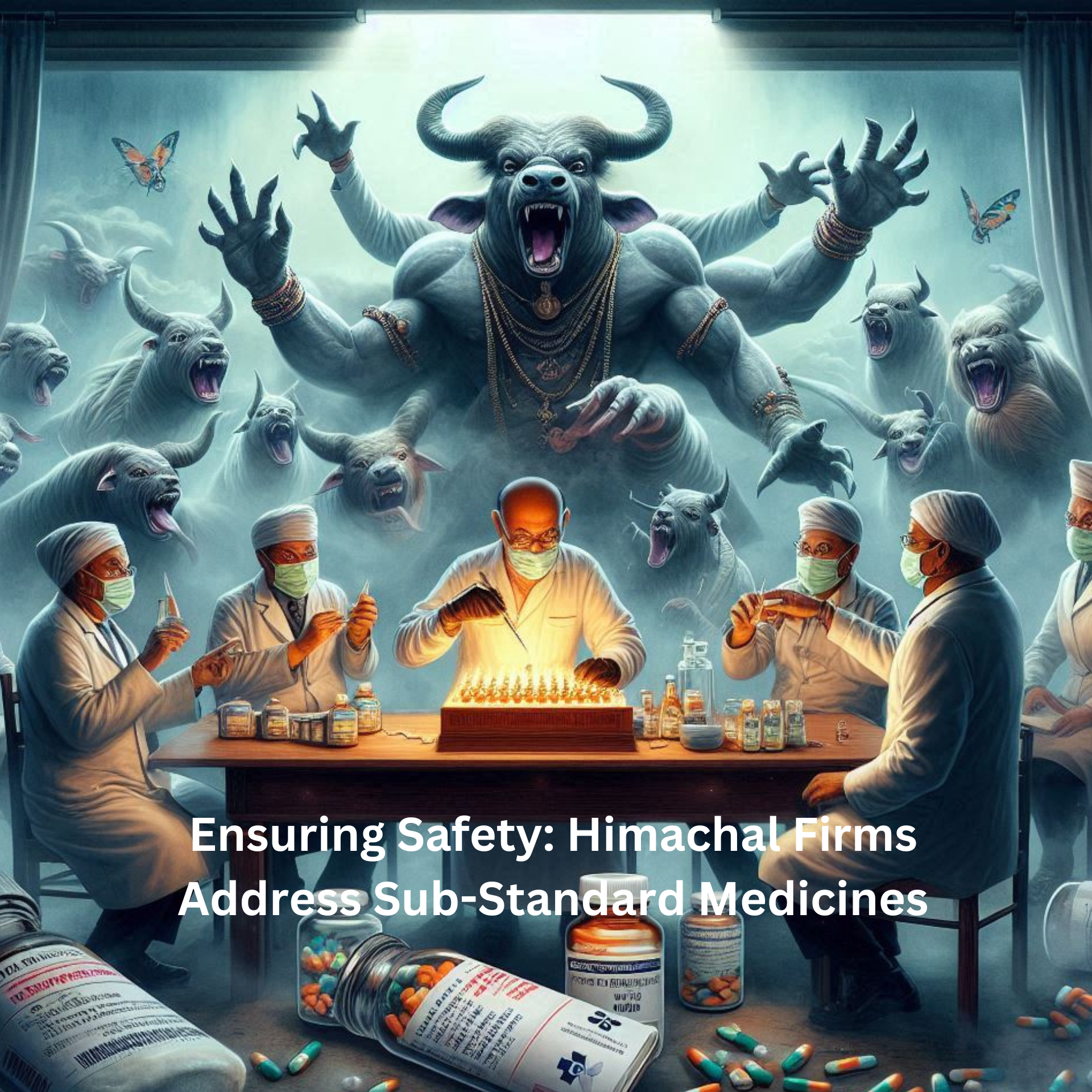
In the pharmaceutical industry, quality control is crucial. Recently, multiple medication makers in Himachal Pradesh have been booked, highlighting the issue of substandard medicines. This incident in GB Nagar raises serious questions about pharmaceutical quality control and drug safety. In this article, we will explore the specifics of this case, understand its implications, and consider the broader context of drug manufacturing standards and compliance.
The Incident in GB Nagar
Authorities in GB Nagar have taken strong action against several Himachal Pradesh-based pharmaceutical companies. These companies were found violating important health and safety regulations, leading to the production of inferior medications. This crackdown underscores the risks associated with substandard drugs and highlights the importance of pharmaceutical compliance. Moreover, the local health department has warned that such violations can endanger patient safety and undermine public trust in the medical establishment.
Understanding Sub-Standard Medicines
Substandard medicines fall short of established quality standards for dosage, potency, or purity. These issues can arise from various factors, such as poor raw materials, inadequate manufacturing techniques, or lapses in quality control. For instance, some drugs may have too few active ingredients or be contaminated with harmful chemicals. Consequently, using such medications can lead to severe adverse effects or ineffective treatment, which jeopardizes patient health and safety.
Pharmaceutical Quality Control
Pharmaceutical quality control involves strict procedures to ensure each drug meets safety and effectiveness standards. This process includes inspecting finished products, monitoring manufacturing practices, and evaluating raw materials. By adhering to these drug production standards, we can prevent the spread of substandard medications. These measures are required by health and safety regulations to protect consumers and maintain the integrity of the pharmaceutical industry. Therefore, robust quality control practices are essential for ensuring that only safe and effective drugs reach the market.
Regulatory Framework and Compliance
The regulatory framework for the pharmaceutical industry ensures adherence to quality standards. Key regulatory bodies, such as the FDA (Food and Drug Administration) in the United States and the CDSCO (Central Drugs Standard Control Organization) in India, oversee drug manufacturing and enforce regulations. Noncompliance with these strict guidelines often results in the production of inferior medicines. Thus, enforcing drug quality is vital for protecting public health and ensuring that the pharmaceutical sector follows best industry practices.
The Impact on the Himachal Pradesh Pharmaceutical Sector
In the past, the Himachal Pradesh pharmaceutical sector has made a substantial economic contribution to the area. But events such as the crackdown in GB Nagar might damage its image and have long-term effects. The manufacture of inferior medications has an effect on consumer confidence as well as the industry’s overall reputation. Manufacturers must put quality and compliance first going forward in order to win back consumer trust and maintain the long-term viability of the Himachal Pradesh pharmaceutical sector.
GB Nagar Health Crackdown: A Case Study
The health crackdown in GB Nagar offers a valuable case study for understanding the importance of regulatory enforcement. Authorities in GB Nagar discovered and addressed multiple instances of medication makers in Himachal Pradesh failing to comply with regulations. To prevent future infractions, they implemented a proactive approach that included extensive inspections, severe penalties, and public disclosures. Consequently, the results of this raid highlight the importance of strong regulatory regimes in preserving drug quality and protecting public health. Moreover, the case underscores the need for the pharmaceutical sector to remain vigilant and ensure regulatory compliance.
Medicine Safety Protocols
To stop the manufacture and distribution of inferior medications, implementing thorough medicine safety protocols is essential. These protocols outline best practices for sourcing raw materials, maintaining clean production areas, and performing rigorous quality assurance testing. Additionally, manufacturers must ensure adequate documentation and traceability throughout the production process. By following these standards, pharmaceutical companies can protect product integrity and ensure that consumers receive safe and effective medications.
GB Nagar Health Crackdown: A Case Study
The health crackdown in GB Nagar offers a valuable case study for understanding the importance of regulatory enforcement. Firstly, authorities in GB Nagar discovered multiple instances of medication makers in Himachal Pradesh failing to comply with regulations. In response, they addressed these issues through a proactive approach that included extensive inspections, severe penalties, and public disclosures. As a result, the outcomes of this raid highlight how strong regulatory regimes are crucial for preserving drug quality and protecting public health. Furthermore, the case emphasizes the importance of maintaining constant vigilance and ensuring regulatory compliance within the pharmaceutical sector.
Medicine Safety Protocols
To stop the manufacture and distribution of inferior medications, pharmaceutical companies must implement thorough safety protocols. These protocols cover best practices for sourcing raw materials, maintaining clean production areas, and performing rigorous quality assurance testing. Additionally, manufacturers must ensure adequate documentation and traceability throughout the production process. By adhering to these standards, pharmaceutical companies can protect the integrity of their products and ensure that consumers receive safe and effective medications.
Pharma Industry Regulations
Regulations in the pharmaceutical sector are always changing to meet new issues and guarantee the highest levels of medication quality. Stricter rules and more control have been implemented in recent regulatory changes to address the problem of subpar medications. These rules are essential for keeping pharmaceutical businesses compliant with best practices and preventing non-compliance. For instance, industry-wide standardization of production procedures and improved product quality have been made possible by the adoption of Good Manufacturing Practices (GMP).
The GB Nagar assault on drug producers in Himachal Pradesh has focused attention on the problem of subpar medications. It emphasizes how crucial strong regulatory frameworks, strict manufacturing standards, and pharmaceutical quality control are. The public’s health and consumer confidence will be safeguarded by upholding strict standards and guaranteeing compliance as the pharmaceutical business develops. Only safe and effective pharmaceuticals can reach those in need if we prioritize quality and follow the law.

